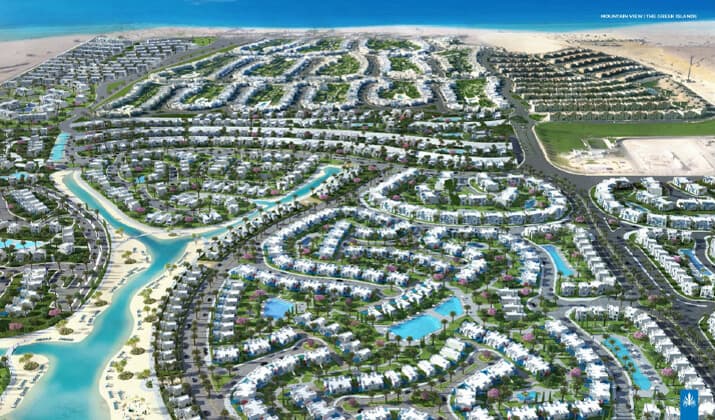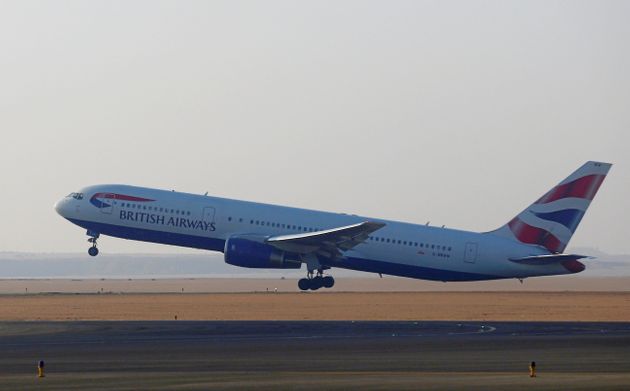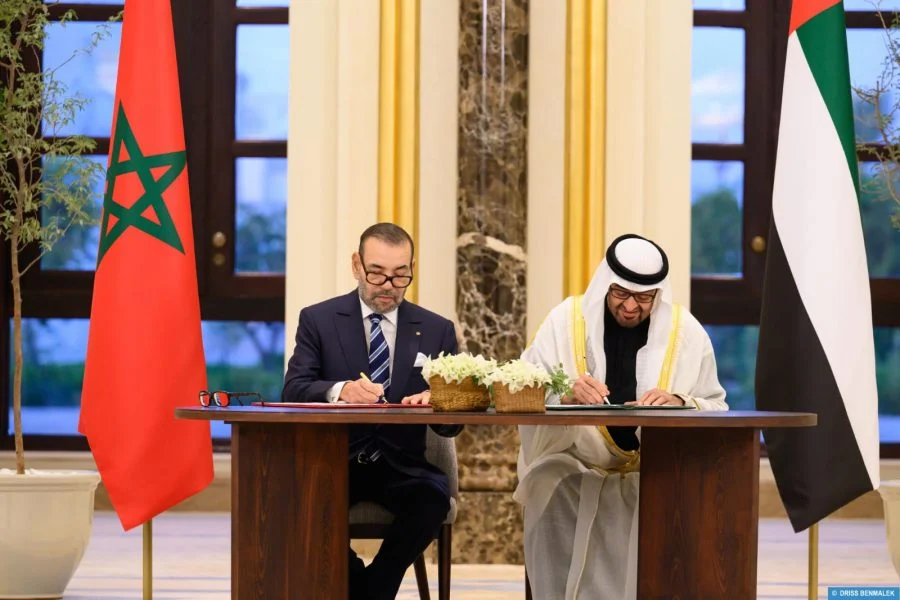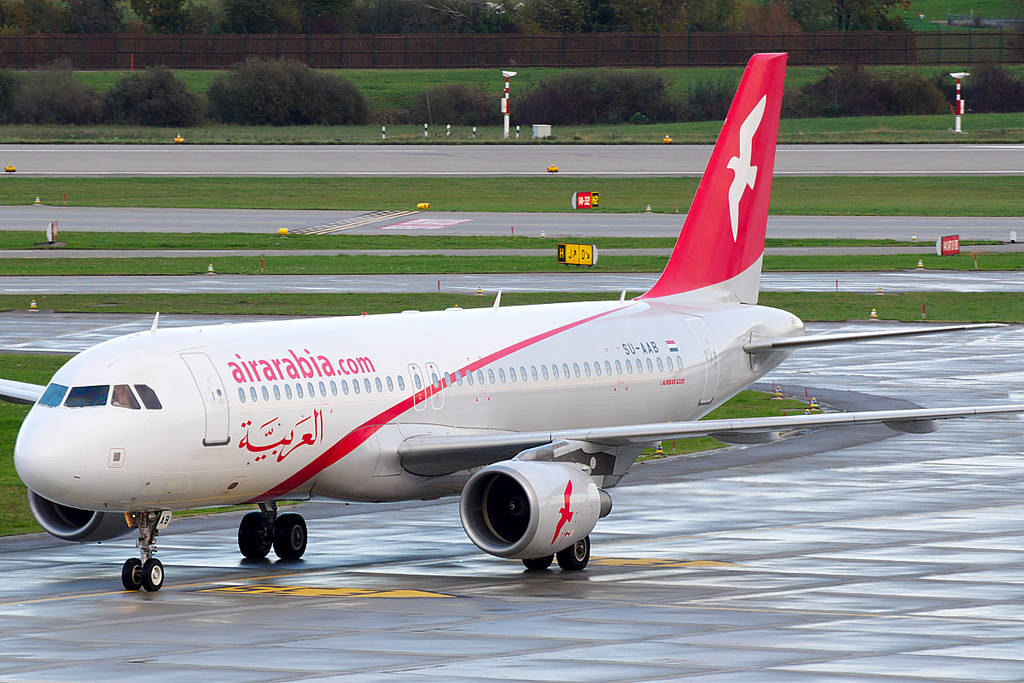Only days after the announced $35 billion deal with the UAE for the development of Ras al-Hekma on its Mediterranean coast, Egypt is reportedly also targeting investors from Qatar and Saudi Arabia offering them prime Red Sea coastal land in Ras al-Ghamila in South Sinai for sale as part of Cairo’s attempt to inject cash into its economy
As the New Arab has reported, Egypt is reportedly targeting local and Gulf investors from Saudi Arabia and Qatar for the lucrative acquisition as part of its attempt to inject much needed foreign currency liquidity to address its financial and currency crisis. The area is in the vicinity of a popular diving spot not far from the resort city of Sharm El-Sheikh and also close to the islands of Tiran and Sanafir, which were transferred by Egypt to Saudi Arabia in 2022, making the kingdom’s Saudi Public Investment Fund (PIF) a likely interested party. This is only the latest of deals by the Egyptian states, in which it allowed Gulf states to acquire Egyptian companies that operate ports, are involved in petrochemicals and in the financial and retail sectors, as well as a series of historic hotels.
As was initially the case with Ras al-Hekma, the New Arab notes that “the incredibly non-transparent government of Egypt … remains murky” about the purported foreign investment push for Ras Gamila. According to Deutsche Welle, while the Egyptian government has celebrated the $35 billion investment as a turning point for the country’s struggling economy, experts are asking whether it will really change anything and skeptics are wondering why it’s happening now. In an article with a provocative title ‘Gulf States are ‘Buying up’ Egypt’s Coastline’, Hossam el-Hamalawy, an Egyptian researcher and activist now living in Germany, stresses that the latest “investment project is just part of a pattern”. The Egyptian government “has squandered past injections of cash with extraordinary speed,” added Timothy Kaldas, deputy director of the Washington-based Tahrir Institute for Middle East Policy.



